Without confirming an agreement had been reached, the US president said in return for the deal Ukraine would get "the right to fight on".
Trump says Zelensky to visit White House after Ukraine 'agrees minerals deal with US'
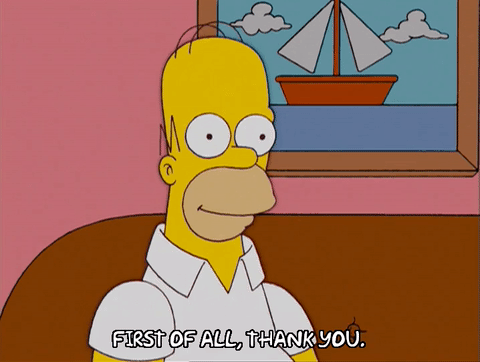
Trump says minerals deal gives Ukraine 'right to fight on'
Published at 22:37 25 February
Trump says minerals deal gives Ukraine 'right to fight on'
Without confirming an agreement had been reached, Trump says he expects Zelensky to sign a minerals deal during a visit to Washington this week, saying that in return, Ukraine would get the "right to fight on".
"Without the United States and its money and its military equipment, this war would have been over in a very short period of time", Trump said on Tuesday, adding that there would be a need for "some form of peacekeeping" in Ukraine following a peace deal.
Trump said he has been pushing for access to Ukraine's mineral deposits in return for the military aid the US has given to the country.
"We want to get that money back," he said.
Quote MessageWe're helping the country through a very, very big problem... but the American taxpayer now is going to get their money back plus."
'Military equipment and the right to fight on' — Trump on what US minerals deal gives Ukraine
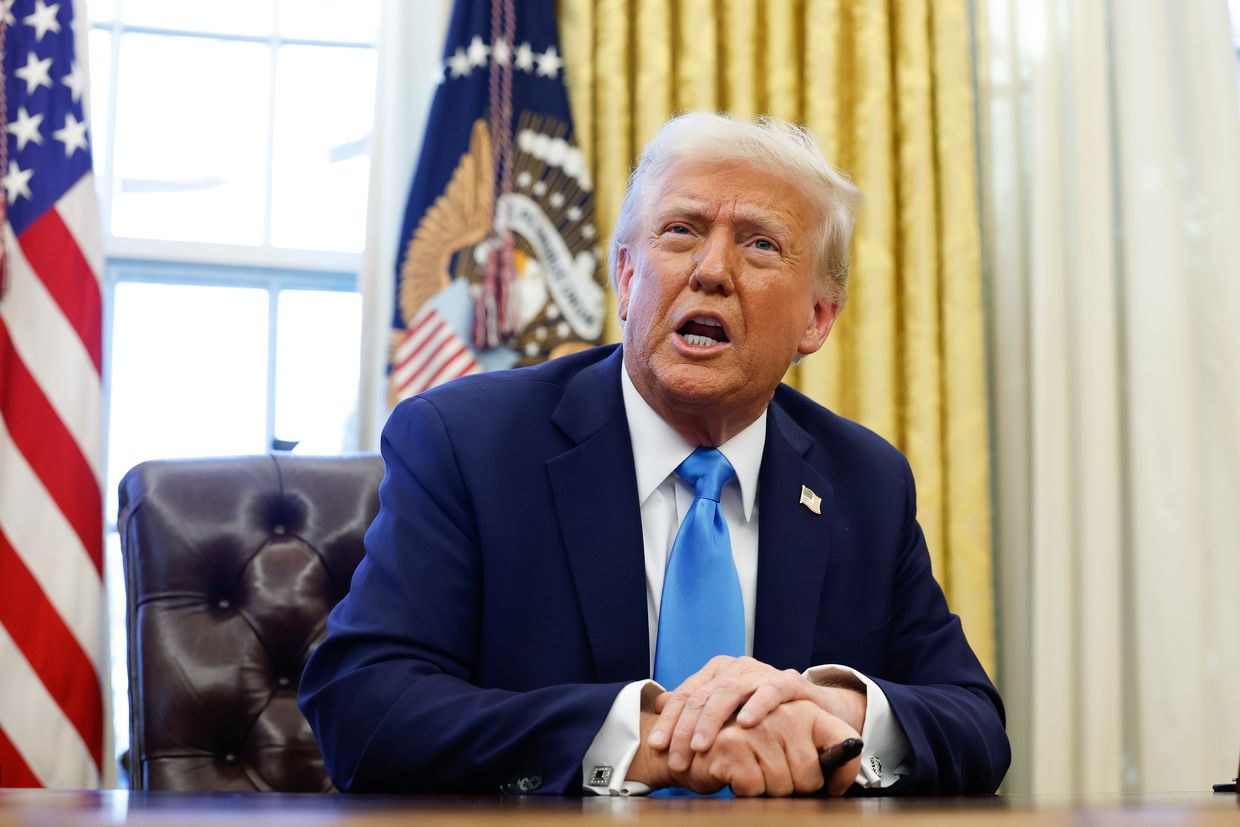
by Abbey Fenbert February 26, 2025 12:52 AM
An agreement between Kyiv and Washington regarding Ukraine's critical minerals and natural resources will grant Ukraine "military equipment and the right to fight on," U.S. President Donald Trump said on Feb. 25.
President Volodymyr Zelensky's office confirmed on Feb. 25 that the U.S. and Ukraine had reached an agreement regarding Ukraine's critical minerals after an intense period of negotiations.

Speaking to reporters from the Oval Office of the White House, Trump said that the agreement gave Ukraine billions of dollars in aid and "lots of equipment."
The deal gives Ukraine "military equipment and the right to fight on, and originally, the right to fight," Trump said.
- When asked about the sustainability of continued weapons and ammunition deliveries to Ukraine, Trump said shipments could "go forward for awhile, maybe until we have a deal with Russia."
- Trump also said that Zelensky would visit the White House on Feb. 28 to sign the deal.
"Ukraine, I will say they're very brave, and they're good soldiers, but without the United States and its money and its military equipment, this war would have been over in a very short time," Trump said.
Trump also said he was open to striking a deal on critical minerals with Russia.
- Trump denied having spoken to Russian President Vladimir Putin regarding U.S. access to critical minerals in Russian-occupied Ukrainian lands.
- Putin on Feb. 24 — the third anniversary of Russia's full-scale invasion of Ukraine — said that Moscow was open to working with foreign partners on developing rare earth metal deposits, including in occupied regions of Ukraine.
Summary
Donald Trump says he expects Volodymyr Zelensky in Washington on Friday to sign a minerals deal after a senior Ukrainian official says an agreement has been reached
Media reports say a revised version of the document appears to have dropped a US demand to get $500bn (£395bn) in potential revenue from accessing Ukrainian natural resources
However it reportedly does not give firm security guarantees to war-torn Ukraine - a key Ukrainian demand
Against a hostile backdrop where Washington has aligned with Moscow, it is hoped this agreement will pave the way for more co-operation between Kyiv and its once biggest ally, writes James Waterhouse
Without confirming that an agreement had been reached, Trump said that in return for the deal Ukraine would get "the right to fight on"
The US president has been pushing for access to Ukraine's minerals in return for previous military and other aid to the country since Russia launched a full-scale invasion three years ago
Hard power is more important than soft power, says UK defence secretarypublished at 00:43
More now from UK Defence Secretary John Healey, who says that the world has changed and they have had to take difficult decisions "that require us to recognise hard power is more important than soft power".
He's referring to the UK government's announcement yesterday that it would cut its foreign aid budget to fund a military boost - a move that has been met with criticism from humanitarian organisations.
Speaking to BBC Radio 4's Today programme, Healey says the UK's priority is to "deter conflicts that cause the biggest impact on many of the poorest countries", but adds that "even in 2027... Britain will still be spending £9bn" on aid.
He says the UK will continue to support the world's poorest and most conflict-ridden countries.
Trump has 'accelerated' UK spending announcement, former defence chief sayspublished at 00:36
Former chief of defence staff, Lord Richards says the conversation on defence spending "almost certainly would not" be happening if not for Trump.
He says it is "excellent" that Defence Secretary John Healy is a "very enthusiastic, forward-thinking, strategically-minded person", who has been "pressing" for it to happen.
He tells BBC Radio 4's Today programme that the increase in spending was going to happen, and has just been "accelerated" by Trump's actions.
Talking about resources, he says the entire British Army has "less artillery pieces" than he did had in his one brigade in the 90s, while the Navy similarly faces reduced supplies. If Britain were called on to send troops, he says they would be able to send "very little".
He adds that it is unsustainable to send troops to Ukraine as peacekeepers as they would need to be rotated out, and the "army isn't big enough" to do that for a long period of time, explaining that European troops stationed there would need to be able to "robustly defend themselves" against Russia, who he says will "test them".
UK defence secretary says budget boost has been welcomed in Washingtonpublished at 00:10
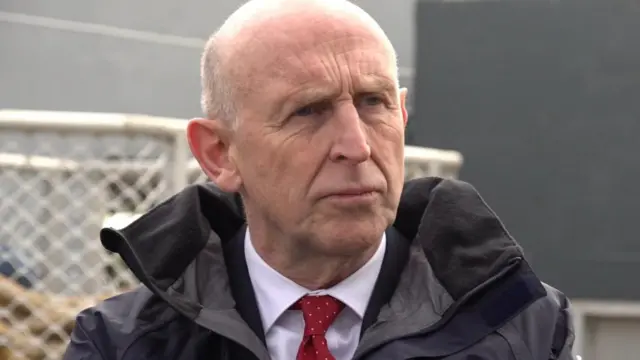 Image source, PA Media
Image source, PA MediaWe've heard from Defence Secretary John Healey who says he has spoken to his Ukrainian and US counterparts, and adds that Pete Hegseth, the US defence secretary, has welcomed the UK's "strong step" in increasing its defence budget to 2.5% of GDP by 2027.
Asked about the timing of the announcement ahead of Starmer's trip to Washington, Healey tells BBC Breakfast that the Donald Trump's stance has reinforced the importance of European nations demonstrating their willingness to step up on defence spending.
Repeating lines from Starmer's speech in Parliament yesterday, Healey says this is the "biggest increase in defence spending since the end of the Cold War".
He says this is something European nations have "rehearsed, but failed to act on", and that it's time to do more to strengthen Nato and support Ukraine.
Deal seems to be about 'keeping Trump happy', says former Swedish PMpublished at 23:56 25 February
Carl Bildt, the former Swedish prime minister and co-chair of the European council on foreign relations, says the mineral deal between Ukraine and the US seems like a "sideshow of limited relevance".
Speaking on BBC World Service's Newsday programme, he says that the relevance appears to be to "keep Mr Trump happy... but it is not going to give a lot of money to the US, and I don't see it having any materially economic effect for very many years."
He gives the example of opening up new mines, which require a "lot of capital", and would only drum up revenue "years into the future".
The deal, he says, is "more geared to the psychology of the US president than to the realities of the situation in Ukraine".
No point of any deal if Russians can reinvade a month later - Ukrainian officialpublished at 23:41 25 February
Here's a bit more from Yuri Sak, who says the deal is not exactly what the US or Ukraine had wanted, but is "good enough for both for the negotiating process to move forward".
"Many things we didn't like were dropped," he says, adding that discussions about security guarantees need to continue.
"There's no point in signing any deal on critical minerals if Russians can reinvade one month after signing the deal," he says.
As a reminder, US media reports suggest that Washington has not given firm security guarantees to Ukraine as part of the deal.
Minerals deal initially Ukraine's idea, says Ukrainian official
We've just heard from Yuri Sak, adviser to Ukraine's ministry of strategic industries, who has been speaking to BBC Radio 4's Today programme.
Sak says that a minerals deal was initially Ukraine's idea: "We included it in our victory plan earlier, which was presented by our president to the US and the rest of our partners in 2024."
Asked how he views the shift to a more transactional relationship between the US and Ukraine, Sak says "we are staying pragmatic".
Quote MessageVery soon we'll get used to the very unusual nature of this negotiating process. At the same time, we are not a nation of freeloaders, we understand that this war has lasted for three years and the time has come to switch to a slightly different narrative."
Deal is 'only part of the picture' - Ukraine's deputy PM
published at 23:02 25 February
23:02 25 February
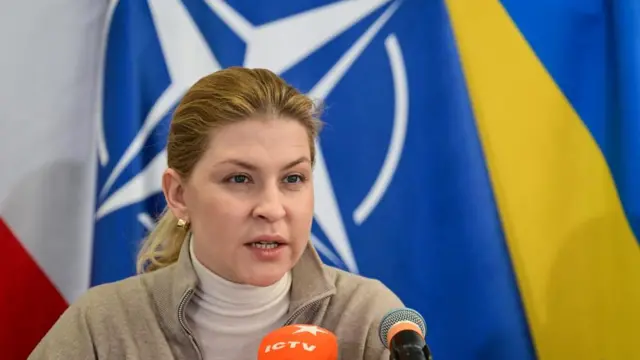 Image source, EPA
Image source, EPAUkraine's Deputy Prime Minister Olha Stefanishyna has led the negotiations between the US and Ukraine on this mineral deal.
Speaking to the Financial Times yesterday, Stefanishyna said that the deal is "only part of the picture".
"We have heard multiple times from the US administration that it's part of a bigger picture," she said.
We're still waiting to hear more about the details of the deal, but media reports suggest the US has dropped initial demands for a right to $500bn (£395bn) in potential revenue from using Ukraine's natural resources, but has not given firm security guarantees to Ukraine.
And US President Donald Trump says he's expecting his Ukrainian counterpart Volodymyr Zelensky in Washington to sign the deal this week.
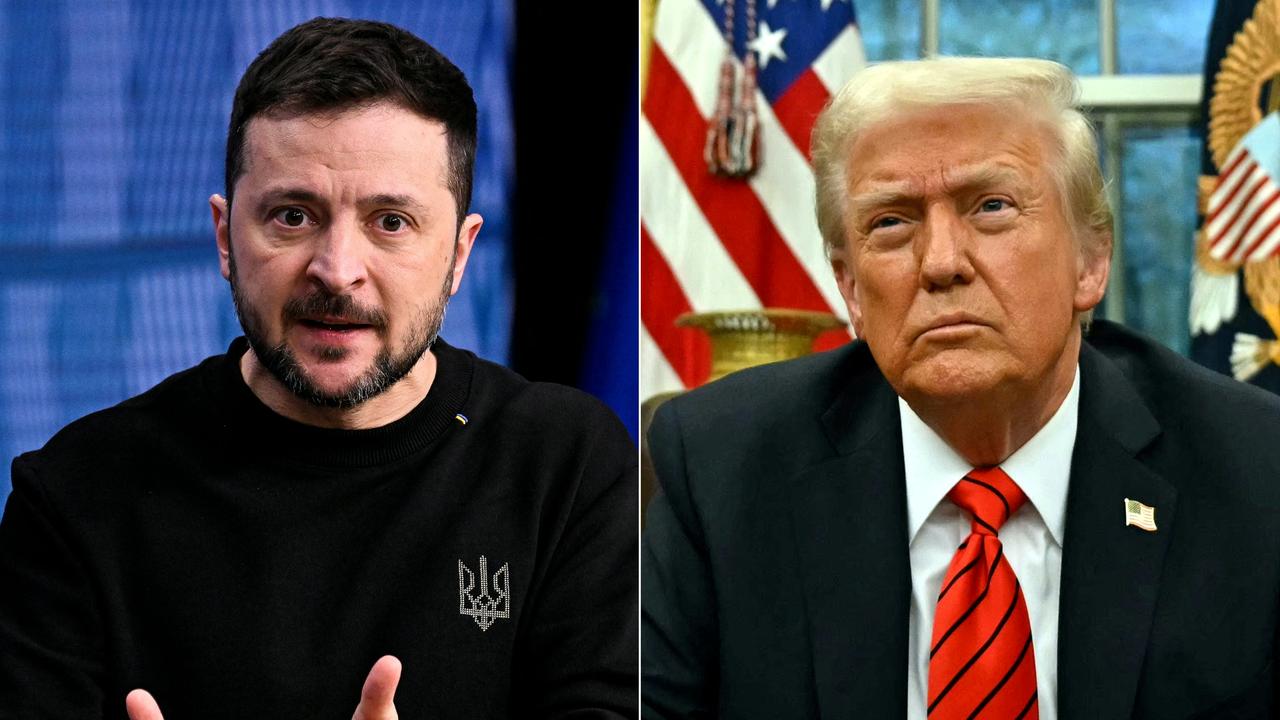



No comments:
Post a Comment